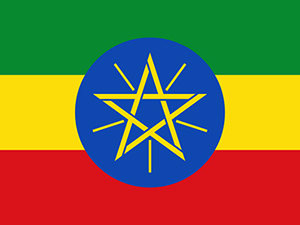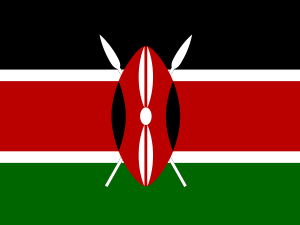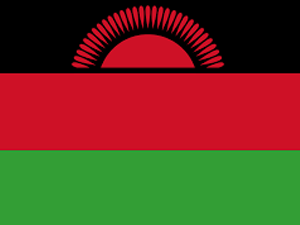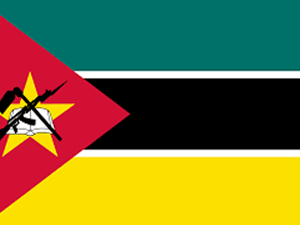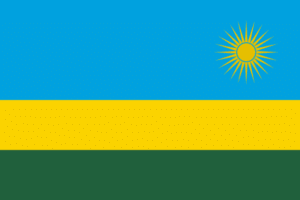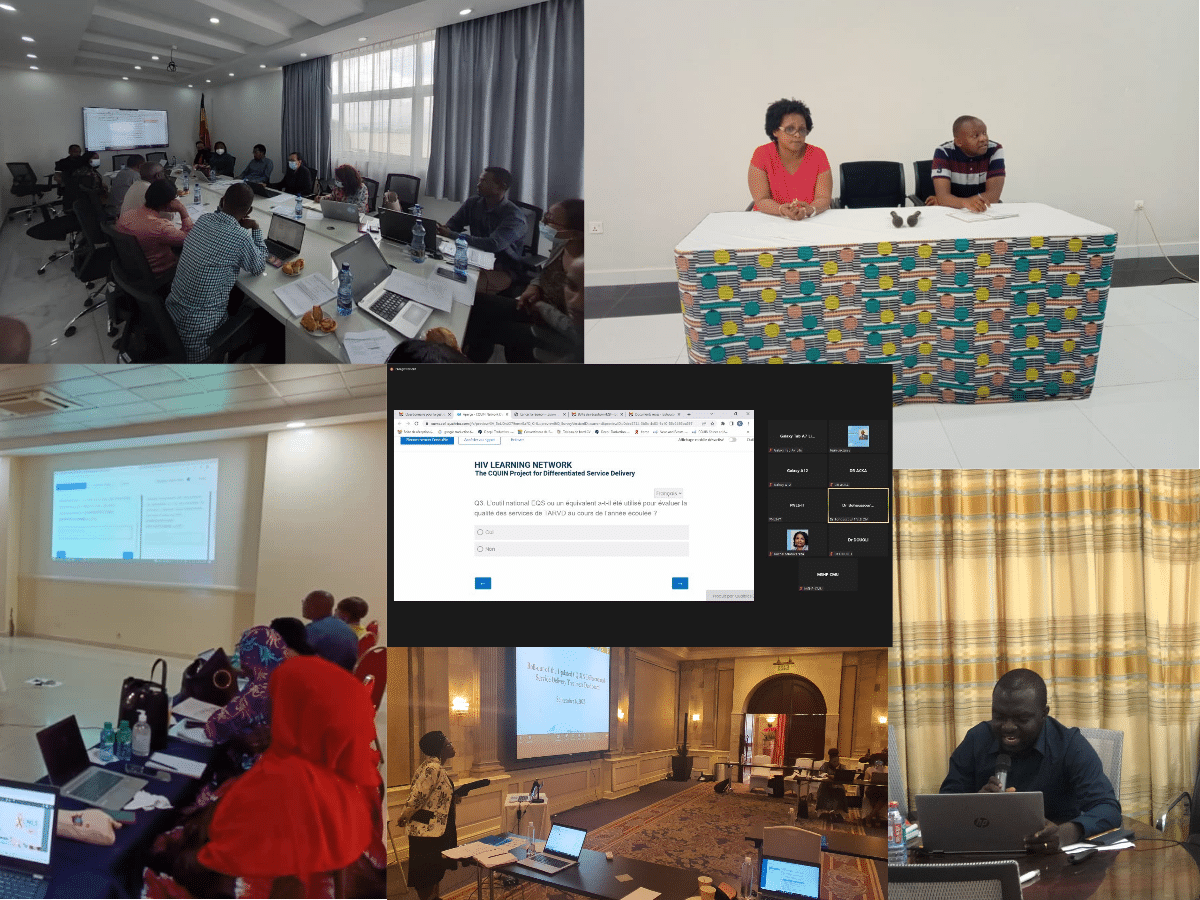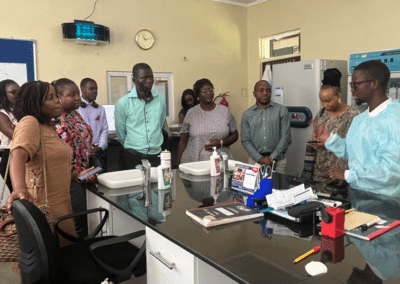As the CQUIN network expands its scope, ICAP is updating a central tool: the CQUIN capability maturity model for differentiated HIV treatment services. In addition to adding six new domains, scoring criteria for several of the existing domains have been made more rigorous, reflecting the improving performance of network countries as they scale-up diverse differentiated service delivery (DSD) models.
Capability maturity models describe the domains needed to assure high quality DSD at scale and describe sequential progress from early (red) to mature (dark green) stages for each domain. Within CQUIN, they are used by country teams to conduct annual self-assessments and help to give network participants a common language with which to discuss DSD scale-up. Self-staging is guided by detailed standard operating protocols (SOPs) and an electronic staging questionnaire; results are presented using a color-coded dashboard format. Over the last five years, country policymakers have worked with recipients of care, implementing partners, donors and other key stakeholders to use the CQUIN treatment dashboard to measure and track progress, identify implementation gaps, and facilitate decision-making for DSD.
“Many national DSD programs have moved beyond an initial focus on less-intensive models and are supporting a growing range of DSD treatment options. As CQUIN continues to expand its focus to include diverse DSD models, the ICAP CQUIN team felt a revised treatment dashboard that is more comprehensive and rigorous would be most useful to ministries of health and their partners,” said Miriam Rabkin, MD, MPH, ICAP’s director for Health Systems Strategies, and CQUIN principal investigator.
The updated capability maturity model includes new domains for advanced HIV disease (AHD), key population services, integrated TB preventive treatment (TPT), integrated family planning, differentiated MCH models, and procurement and stock management. “We revised the whole portfolio of tools,” said Karampreet Sachathap, PhD, CQUIN senior strategic information manager, “including the capability maturity model itself, our paper-based and electronic staging questionnaires, SOPs, and orientation materials.”
“We added the key populations domain to emphasize the importance of differentiated treatment services for key population groups,” said Cassia Wells, MD, MPH, MA, senior technical advisor for ICAP and CQUIN key populations lead. “This domain explores whether national guidelines include specific services for key population groups, whether there are treatment targets for these groups, and whether targets are being met,” added Dr. Wells.
“The AHD domain provides ministries of health with a systems strengthening perspective on their AHD programs, enabling them to develop AHD scale-up plans that address health system barriers to AHD implementation,” said Maureen Syowai, MBChB, MSc, CQUIN deputy director (technical) and lead for the AHD community of practice. “CQUIN has also developed a much more detailed AHD capability maturity model, which 11 countries have used to date, so for countries wanting to take a deeper dive into AHD systems, there are several options.”
After piloting the updated capability maturity model earlier in the year, the ICAP CQUIN team supported 20 countries to conduct their annual self-staging exercise using the new tool. “As this is the first outing for the new model, we felt it was important to provide as much support as possible” said Peter Preko, MBChB, MPH, CQUIN project director. “ICAP’s regional CQUIN advisors made a big push to attend the country self-staging meetings in person, and to attend remotely when this was not possible.”
“The new dashboard system is easy to use, and the advantage of the automated system is that it improves the quality of data we input,” said Helder Macul, MD, DSD advisor for Mozambique’s Ministry of Health’s National STI/HIV/AIDS Control Program after the country’s dashboard staging meeting in early September.
“This new dashboard has an impressive degree of accuracy and provides new insight into the maturity of countries in delivering differentiated HIV services. It shows we will need to work harder to reach DSD maturity,” said Richard Chuy, MD, DSD focal for the Democratic Republic of Congo.
Network countries will present their self-staging results at the sixth CQUIN annual meeting, in December 2022, in a series of pre-recorded videos, panel presentations, poster sessions and breakout discussions.







